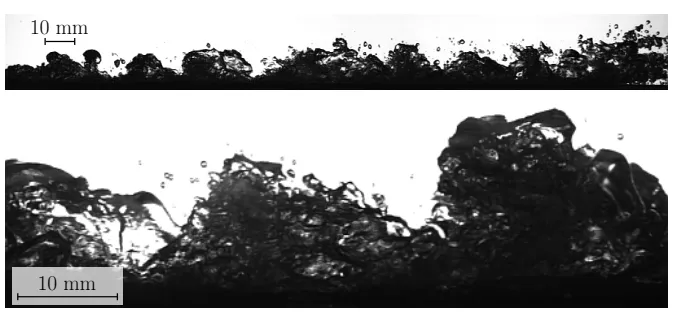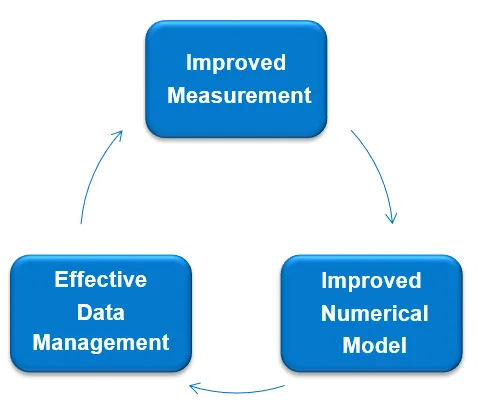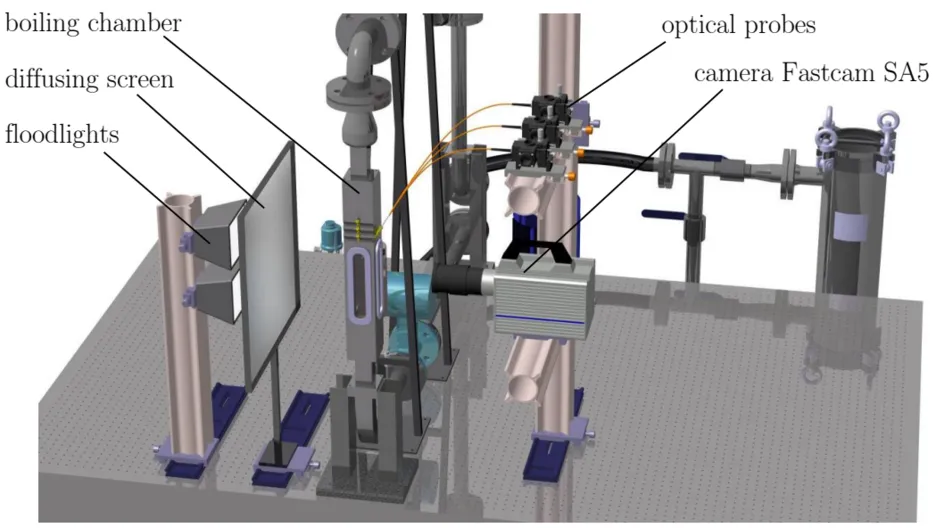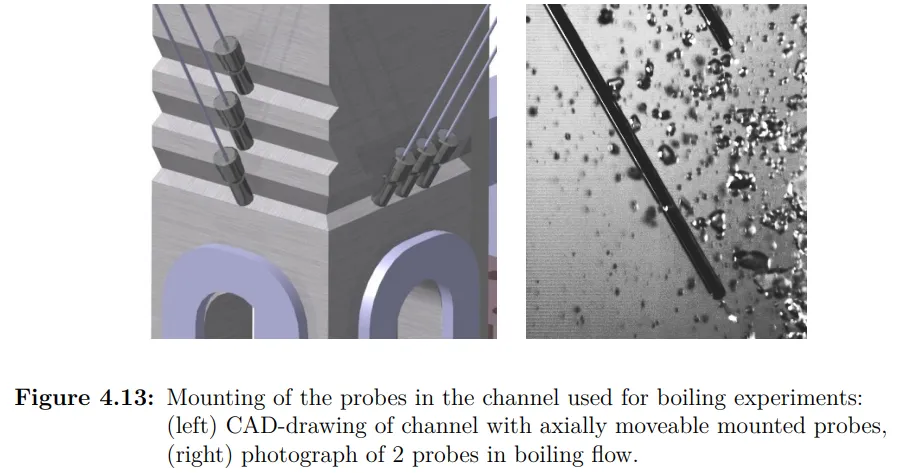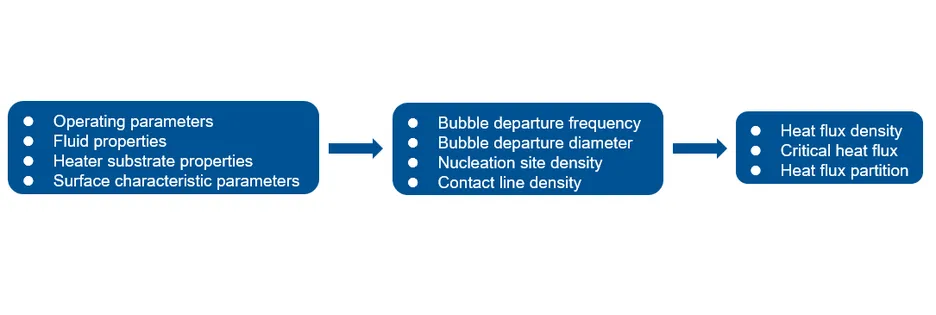Zhongqi Liu, M.Sc.
Technische Universität München
Lehrstuhl für Thermodynamik (Prof. Wen)
Postadresse
Boltzmannstr. 15
85748 Garching b. München
- Tel.: +49 (89) 289 - 16193
- zhongqi_.liu@tum.de
Research Project
Machine learning reinforced heat transfer mechanism identification for subcooled flow boiling
Motivation
With the development of modern electronic equipment and industrial facilities such as nuclear power plants, people are facing increasingly high requirements for heat flux density in heat dissipation tasks. Boiling process has received widespread attention as an efficient heat transfer method, but currently, research methods and mechanism analysis on boiling two-phase flow still need to be improved. For example, by combining high-speed cameras, holographic interferometry, and other means, non-invasive experimental measurements can be achieved to obtain parameters such as heat flux density and heat transfer coefficient. With the improvement of machine learning and image processing technology, the implementation of the above ideas has become possible. On the other hand, boiling two-phase flow, as a complex physical phenomenon, currently available empirical or semi empirical mechanism models are only used within a certain range, making it difficult to generalize. Machine learning also provides a method for predicting the results of complex physical phenomena.
Project Goals:
1) Accurately measure boiling experimental data through machine learning and image processing assisted by various methods
To utilize improved measurement methods to obtain more and higher resolution information from experiments. Using machine learning methods can process experimental data faster and more conveniently.
There is an example of boiling image processing using the 'Boiling Image Dataset: CHF vs. Pre-CHF - Water, Polished Copper, Ambient Pressure,' which can be downloaded from the internet.
2) Predicting critical heat flux and other boiling key parameters through machine learning combined with experimental data instead of the original empirical model.
Based on the large amount of data obtained from experiments, data-driven methods can be used to study and improve numerical boiling models.
References
[1] G. Bloch. “An Experimental Study on Vertical Subcooled Flow Boiling Under the Influence of Turbulence and Secondary Flows”. PhD thesis. Technische Universität München, 2016.
[2] M. Bruder. “Experimental Study on the Identification of Heat Transfer Characteristics for Subcooled Flow Boiling of Novec 649”. PhD thesis. Technische Universität München, 2019.
[3] Hu, Han (2023), “Boiling Image Dataset: CHF vs. Pre-CHF - Water, Polished Copper, Ambient Pressure”, Mendeley Data, V1, doi: 10.17632/g53k5w6ptb.1
